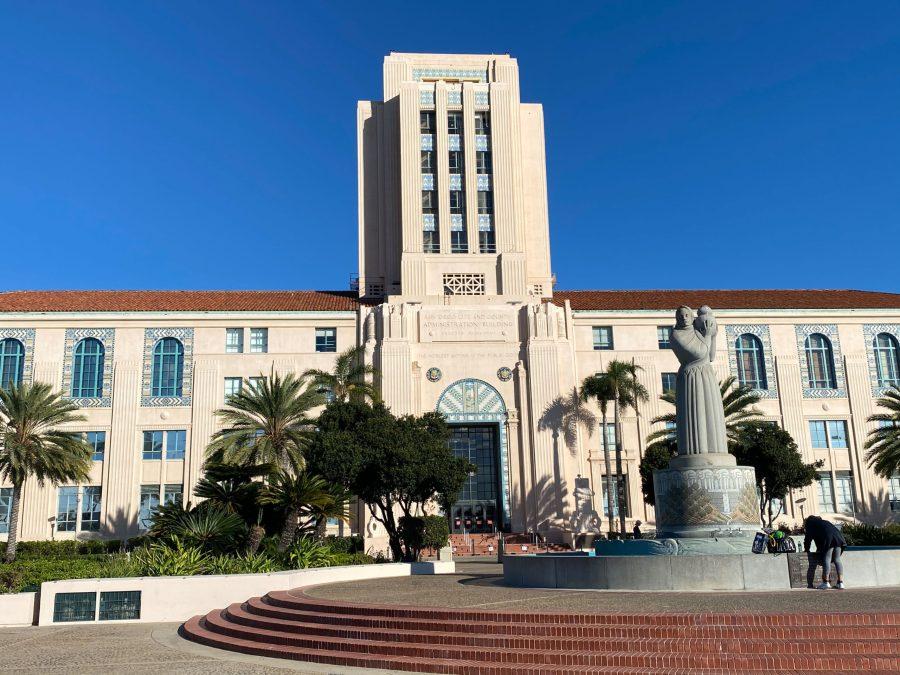California State Proposition 16, which would have reintroduced affirmative action, failed to pass with 57 percent of state voters rejecting the measure, according to The New York Times. The proposition, which has previously passed as a bill in the California State legislature, is the most recent attempt byt he government to allow state institutions to consider race, sex, and national origin in employment, contracting, and education.
Prop 16 would have allowed universities, such as the University of California campuses, to practice affirmative action to promote diversity and inclusion of historically excluded groups in admissions. With the failure of Prop 16, the UC system will continue to follow race neutrality and cannot consider race as a factor in admissions decisions.
Those in favor of Prop 16 argued that it would be a tool for “leveling the playing field” by considering challenges ethnic minorities have experienced and offering opportunities for greater inclusion. The campaign cited that the government lacked accountability in ensuring that state institutions would seek diversity and appropriate minority representation.
The campaign for the ballot measure raised much more than the campaign against it; the yes campaign raised close to $20 million, while the no campaign raised short of $2 million. Prop 16 was also supported by prominent democratic leaders, such as former Sen. and Vice President-elect Kamala Harris, Sen. Bernie Sanders, Rep. and House Speaker Nancy Pelosi, and California Gov. Gavin Newsom.
Despite this, the proposition was voted against on a larger margin than the passing of Proposition 209 in 1996, according to an editorial from The Atlantic. The author, Conor Friedersdorf, suggests that “race neutrality is more popular now than when it was initially mandated by a 1996 ballot initiative that passed.”
Those opposing Prop 16 argue that it would legalize racial discrimination by permitting the considerationof race as a major factor in employment and education. Under race-conscious policies before the passing of Prop 209, the UC system was accused of discriminating against Asian applicants.
In 1989, former UC Berkeley Chancellor Ira Michael Heyman formally apologized for declining rates of Asian admission under “insensitive” admissions policies. More recently, Harvard University has experienced similar charges and accusations of holding Asian applicants to a “higher standard” due to their current use of affirmative action programs.
Stephen Miller, Volunteer Co-Chair of Orange County Campaign Against Prop 16, said in an interview with The UCSD Guardian that he feared the passing of Prop 16 would affect his children in a similar way.
“My own children are nearing the age of applying to college and […] their primary race would be Asian … Asian-Americans are often given a higher bar or hurdle to get admitted into college, and come to a University of California,” Miller said. “The implication would be [that my children] would be treated differently by their government based on their race or sex or color or ethnicity or national origin. When it comes to colleges, UC has said that they want to discriminate between applicants based on race in order to have the student body ethnicity more closely matched to the population. That would mean a racial bias against children such as my own.”
The UCs released a statement on their website in support of Proposition 16 on June 15, writing that they had difficulty reflecting “California’s full diversity in its student body” due to race-neutral admissions.
“It makes little sense to exclude any consideration of race in admissions when the aim of the University’s holistic process is to fully understand and evaluate each applicant through multiple dimensions,” former UC President Janet Napolitano, J.D said.
In response to the failure to pass the measure, UC President Michael V. Drake, M.D. stated that the, “UC remains steadfast in its commitment to attract and support a student body that reflects California’s dynamism and diversity, despite this setback.”
While the UC system supported the proposition, California voters decided against race-conscious employment, contracting,and admissions to higher education. The UCs and other public California universities will continue to be prohibited from using race as a factor in admissions decisions.
Photo courtesy of Irvin Yang for The UCSD Guardian.















Jimmy • Nov 18, 2020 at 5:03 am
It’s a shame that a university supports this disgusting racial discrimination called “Affirmative Action”. People should be judged by their ability, not color of skin.